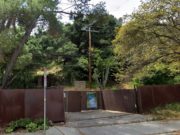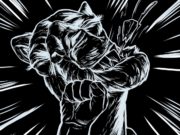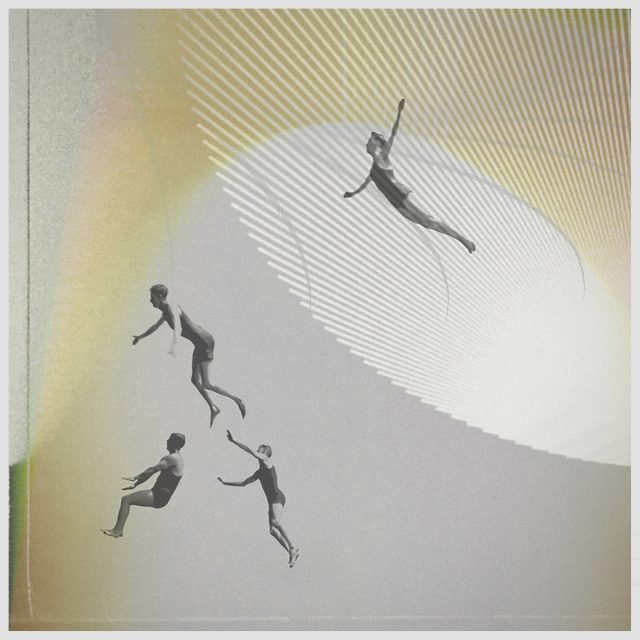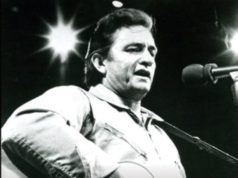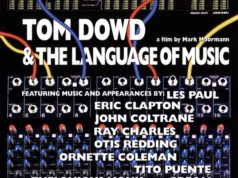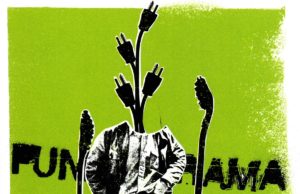THE EDITED PRESS RELEASE: “ ‘Is this how we feel when we’re alone? / With our faces glowing from our phones / We can’t help but want to leave our homes.’
Can you think of a more perfect lyric that captures the pandemic experience? Multi-instrumentalist and composer Charles Spearin, known for his work in Broken Social Scene, Do May Say Think, and so much more music that has soundtracked the past two decades, insists he’s not much of a lyricist. In fact, his new solo album My City of Starlings is a largely instrumental collection of beautifully textured songs that glide between avant-garde, art rock and electronic soundscapes.
But it’s no surprise that Spearin’s virtuosity extends to every detail of his songwriting, from the burnished brass of Vireos in Bellwoods to the celestial Three Voices (Braided Carefully) to the words and ambient melodies of the title track, which captures both the haziness but also the glimmers of hope of the time we’ve just lived through.
My City of Starlings isn’t a “pandemic record,” exactly — while Spearin found himself with extra time once touring came to a standstill, some of the compositions that found their way onto the album had been taking shape since 2017, while others were born from a more recent song-a-day writing and recording club of fellow musicians from around the world.
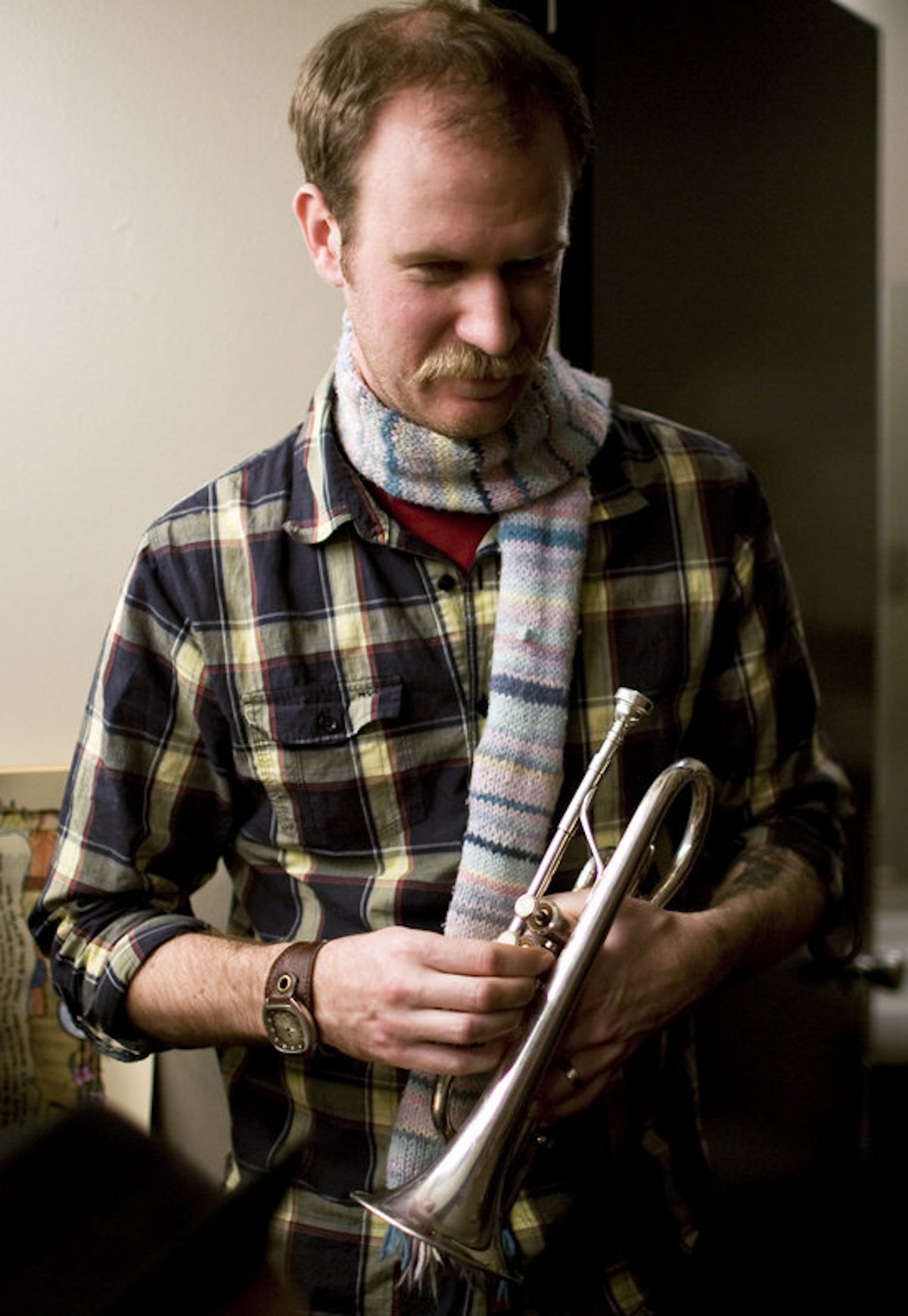
“I have my studio here in my backyard, and I sometimes struggle with why I’m doing this — what’s the purpose? Am I making an album? Are they songs I’m going to pitch to my friends to be Broken Social Scene songs, or Feist songs or whatever? But then I settled into the idea that this is what I do,” Spearin says. “To have time on my hands and a studio at my fingertips certainly helped in making this record, but thematically, there’s a kind of reflection in the music that maybe comes from having spent so much time at home as well.”
Like so many of us, Spearin came to see his city in a whole new light during the endless walks taken through its streets over the past year and a half, partly thanks to an increased interest in birding but also a whole new appreciation for the wonders of the natural world — an inspiration that comes through clearly in the album’s expansive sonic palette. “Instead of going for a beer or coffee with somebody, we’ve been going for walks — and that became a real staple of my life,” Spearin explains. “And I think that refocuses your view of the city. Most of this album I feel is about Toronto, but from a kind of naturalist perspective.”
Some of those strolls with fellow musicians, not to mention Spearin’s wide artistic social scene, led to the many collaborations on My City of Starlings, which features a long list of Toronto’s best jazz, pop, rock and experimental-music performers (including BSS bandmates Brendan Canning and Kevin Drew). Describing the recording process as akin to painting a picture with many layers, Spearin recalls how each guest brought their own unique brushstrokes to the compositions.
“It’s way more fun to work with people when you let them use their imagination — that’s why you want to work with them in the first place, because you like what they do. That’s something I learned from Social Scene: Leave space in the music for somebody else to do something, where you don’t know what it’s going to be, but you trust them — and it’s going to make it better.”
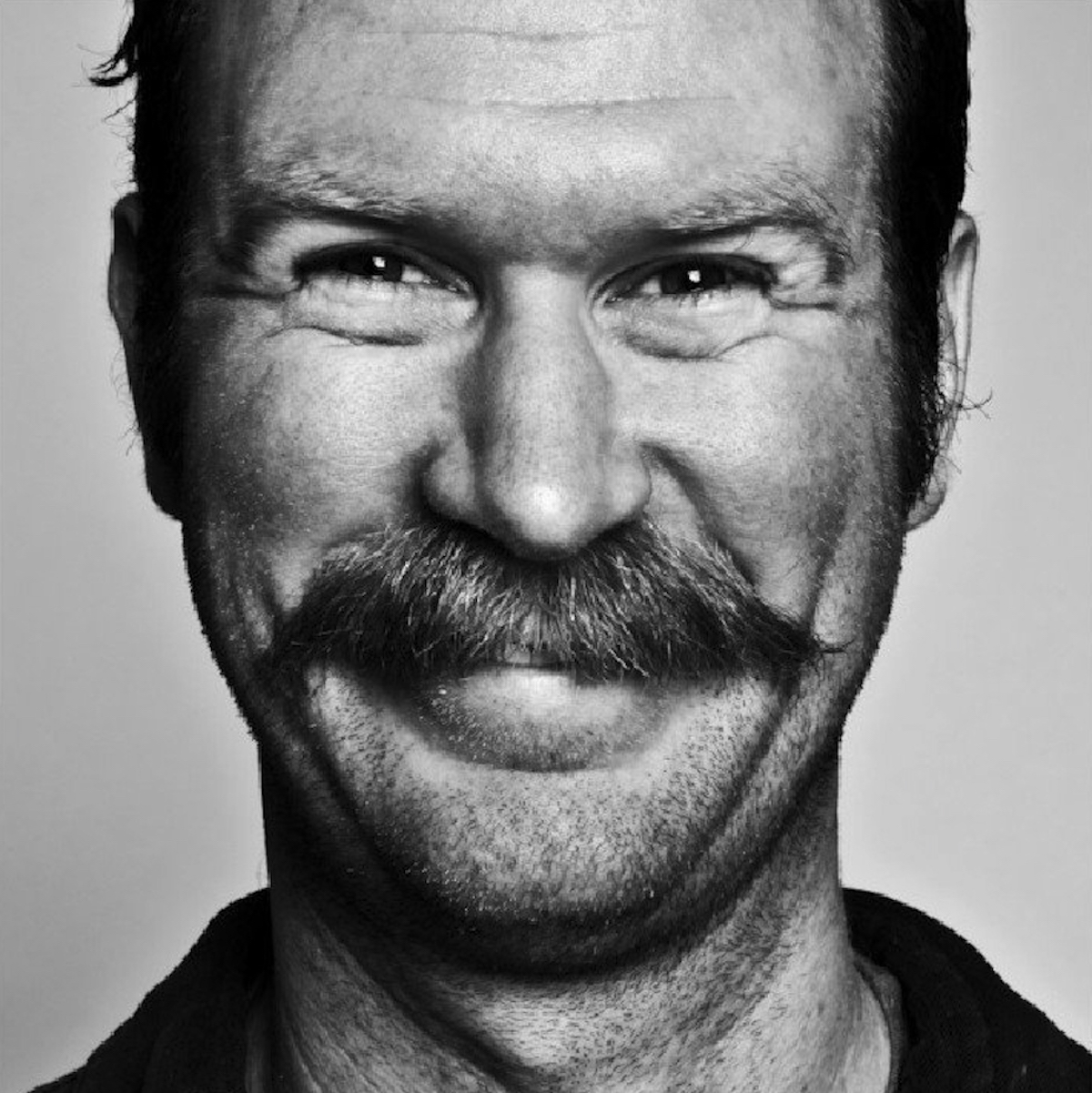
From the first track to be released from the album, the percussion-driven Portrait of The Artist As A Thursday (accompanied by a video from animator Jared Sales that runs as a 12-hour loop) to the catchy shuffle riff of Rutting Season through to the spoken-sung Arabic poetry on When Tigers Used to Smoke, My City of Starlings is as eclectic and accomplished as Spearin himself.
When he’s not busy with BSS or DMST, the multiple Juno winner has toured with Feist and the late Gord Downie and is also known for his production and soundtrack work. During the pandemic, he has been working on a musical about Canada’s private sponsorship program for refugees with co-writers Robin Dann from the band Bernice (who appears on Starlings’ Three Voices), actor and playwright Mariel Marshall, and Esmaeel Abufaker, a Syrian musician who came to Canada as a refugee in 2016.
In 2009, Spearin released The Happiness Project, a solo album which used snippets of his neighbours’ musings on contentment set to music, which won a Juno for Best Contemporary Jazz Album. “That was sort of a collaboration with my neighbours and studying the melody of their voices, which was great, but it wasn’t so much an expression of my musical taste,” Spearin notes. “So this is the first time I’ve composed a bunch of songs and I’m going to release them under my name. And there’s a lot of anxiety in it that I didn’t expect, like: This is my identity. Am I supposed to fit all of myself into this record? I don’t think I can do that,” he adds with a laugh.
“So I’ve tried to fit as much variety as I can in there — every time I would go into my studio, I would try to do something that was surprising. I prefer the stuff that kind of comes out accidentally and had a quality to it that I hadn’t felt before.”
Unexpected and indelible — much like the way the birds his album is named for are known to mimic sounds from their surroundings in their own distinct calls, My City of Starlings reveals yet another facet of Charles Spearin’s uniquely observant artistry.”





